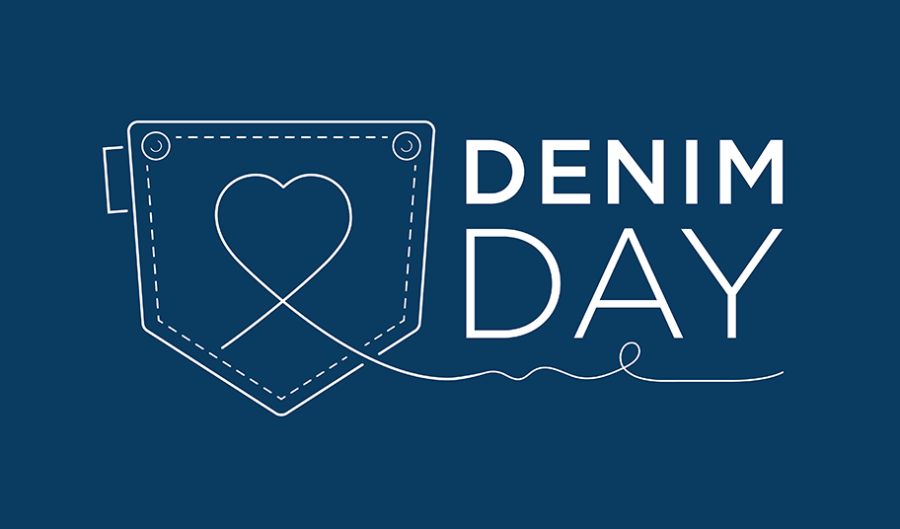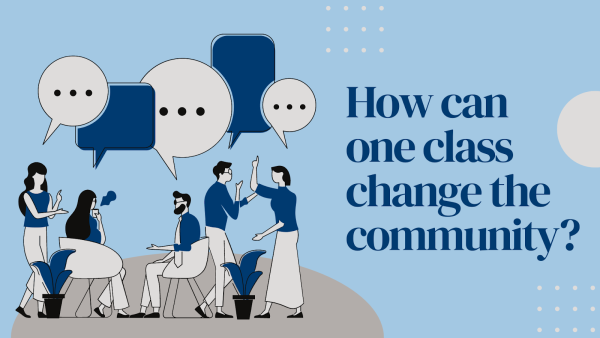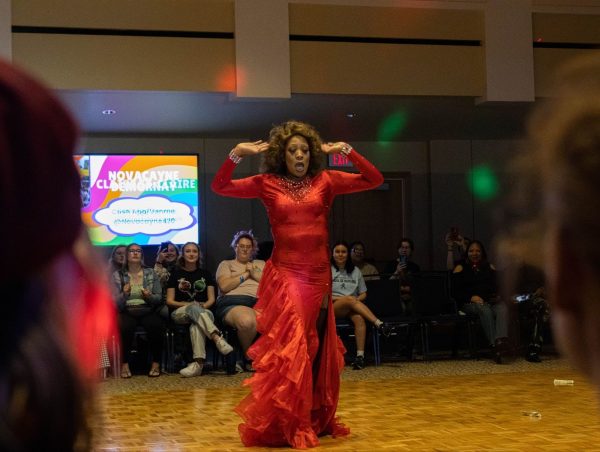Denim Day: We support you, we believe you
Denim Day encourages survivors to speak out and make change by spreading messages of violence prevention and activism. It is aimed to educate on issues surrounding all forms of sexual violence.
*Content Warning: The following story contains material such as sexual abuse that may be harmful or traumatizing to some audiences.
To provide support for Denim Day, Molly Steffes-Herman, campus advocate, and Emily Steimel-Handy, the public education coordinator at Young Women’s Christian Association(YWCA), shared their opinion.
According to Steffes and Steimel, the Denim Day story begins in Italy in 1992 when an 18-year-old girl was sexually assaulted by a 45-year-old driving instructor who was taking her to her very first driving lesson.
The women who were members of the Italian Parliament launched a protest while wearing jeans on the steps of the Italian Supreme Court.This protest was picked up by international media which inspired members of the California Senate and Assembly to do the same on the steps of the Capitol in Sacramento.
Patti Occhiuzzo Giggans, executive director of Peace Over Violence, saw the protest in the media and thought everyone should be wearing jeans to protest all of the myths about why women and girls are sexually assaulted. The first Denim Day event was held in April of 1999 in Los Angeles, California, and has continued annually since.
To provide additional information and support for Denim Day, Molly Steffes-Herman, campus advocate, and Emily Steimel-Handy, the public education coordinator at Young Women’s Christian Association, shared their opinion.
“I think the fact it’s worldwide now and it’s continuously growing is really powerful. People should speak and get out of their comfort zone and raise their voice for rights,” Steffes said.
The “Denim Day” movement has gotten bigger and with it people are showing support for survivors.
According to organizations like YWCA and the National Sexual Violence Resource Center, sexual assault affects 1 in 3 women, 1 in 4 men and 1 in 2 transgender and non-binary individuals. Many people are survivors of sexual violence – whether it be harassment, abuse or assault – even if they have never shared their story. Denim Day activists say it is far beyond time to support victims and survivors of sexual violence.
“I hope a day like Denim Day helps to recommit to believing survivors, supporting survivors and taking real action to ending sexual violence together. Sexual violence is everyone’s problem, and the solution must be too,” Steimel said.
Activists say Denim Day is important because it challenges victim-blaming beliefs, the myths and misconceptions society holds about sexual violence and that it does not matter what a person is wearing, drinking or doing; no one is ever asking to be sexually assaulted.
Denim Day envisions a world in which all youth can pursue their human right to live free from violence and harassment.
“Violence is everyone’s problem but preventable, and there must be solutions too,” Steimel said.
Girls, boys, trans youth and those who exist outside of the binary all deserve liberation and to live in a world without violence.
Edited by Cee Spiller and Aja Carter
Your donation will support the student journalists of Washburn University. Your contribution will allow us to purchase equipment and cover our annual website hosting costs.









